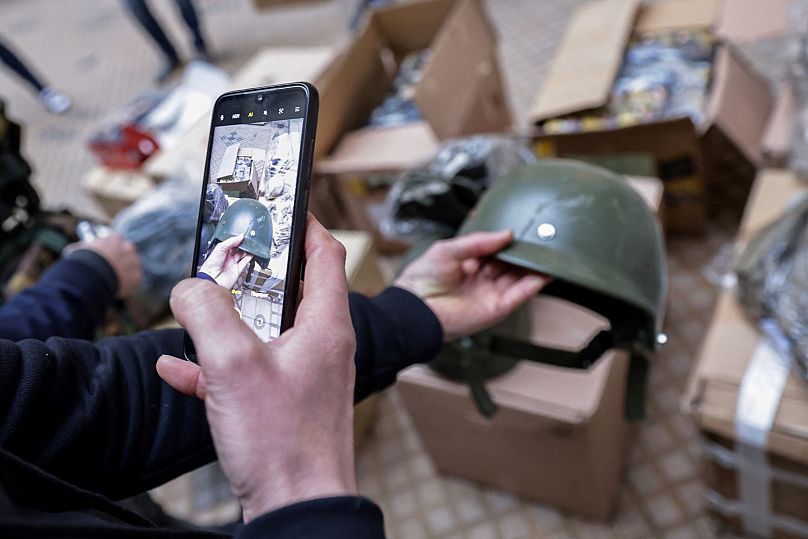The Bitcoin will be auctioned off, with "tens of millions" in proceeds going to Ukraine.
Finland will donate "tens of millions" of euros earned through selling confiscated Bitcoin to Ukraine, the country's finance minister announced late on Wednesday.
 ADVERTISEMENT
ADVERTISEMENT
 ADVERTISEMENT
ADVERTISEMENT
Finland currently holds 1,981 Bitcoin worth nearly €75 million at current rates, which were seized by Customs officials during criminal investigations.
"The government will donate tens of millions to help Ukraine thanks to the proceeds from the sale of Finnish Customs' confiscated Bitcoin," Finnish finance minister Annika Saarikko tweeted, adding that the decision was "right and proper".
In a statement on Thursday, Finnish Customs said that it had selected Finland-based digital asset firms Coinmotion and Tesseract to carry out the Bitcoin sale, saying it was satisfied with their "procedures to prevent money laundering and investigate the background of the buyer".
While Saarikko did not specify the amount that would be donated, sources who spoke to Finnish newspaper Helsingin Sanomat, which first reported the proposed donation, told the newspaper that at least "a significant proportion" would be sent as aid to Ukraine.
Ukraine has already received tens of millions of euros worth of donations in cryptocurrency following the Russian invasion that began in late February.
Finland's Bitcoin stash
Last year, Finland's Customs announced a plan to auction off the seized Bitcoin, most of which dates back to a major drug bust in 2016 when 1,666 of the tokens were confiscated.
At the time, the Bitcoin haul was worth less than €700,000. Current prices put its value at closer to €62 million.
Finland's donation to Ukraine will take time. First, the plans will be presented to the country's parliament in an upcoming supplementary budget, Saarikko said.
The Bitcoin will then be auctioned, a process that is expected to take place this spring or in early summer, Customs said.
Not all of the tokens held by the Finnish authorities will be offered for sale, as legal proceedings affecting some of their original holders are still ongoing.
"Our current intention is to make available to brokers for liquidation the legally enforceable virtual currencies held by Customs, around 1,890 Bitcoin, during the spring or early summer. The money will be remitted to the state as usual, as will all other assets seized by Customs," said Director of Finances Pekka Pylkkänen.
Aid for Ukraine
Ukraine has actively solicited crypto donations in an effort to fund its response to Russia's invasion.
Aid for Ukraine, an official campaign created by the country's Digital Transformation Ministry says it has received donations of cryptocurrency worth over $60 million (€56.9 million) - including 457.5 Bitcoin - and also allows users to donate NFTs for auction.
As of April 14, the Ukrainian government had spent over €42.7 million of its crypto donations, including around €13.5 million on drones, 5.3 million on helmets and body armour and €1.7 million on unspecified "lethal equipment", according to the Aid for Ukraine website.
Finland's donation will not come in the form of a direct Bitcoin transfer, however.
According to Helsingin Sanomat, Finnish law stipulates that Customs must sell seized goods and transfer the money to the State.
Figures in government also feared that carrying out a transaction in crypto could carry the unwelcome connotations of criminal activity, Helsingin Sanomat reported.











